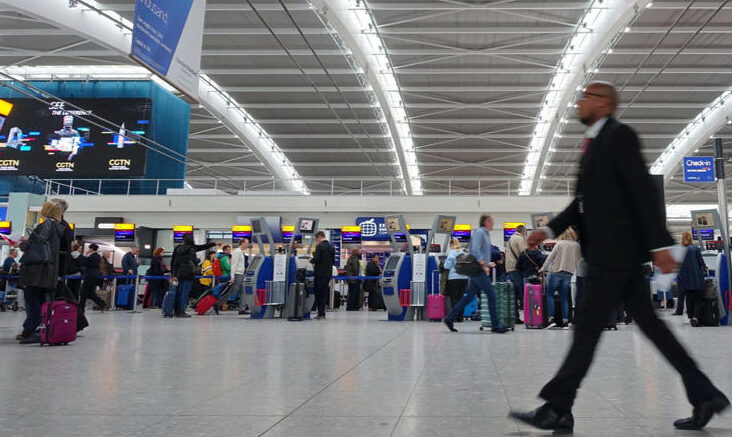Introduction:
The offshore wind industry in the UK is experiencing a period of uncertainty as major developers put the brakes on non-essential activities in the wake of a disappointing government renewables auction. Industry insiders are cautioning that a resolution to this crisis may not materialise until after the next election.
Delays and ‘Holding Pattern’:
At least two prominent companies have decided to halt or slow their investments to the bare minimum required to keep their projects viable, describing the present situation as a “holding pattern.”
Confidence Shaken:
The downturn in activity follows a catastrophic fifth auction round for renewable energy subsidies earlier this month, in which offshore wind developers failed to submit any bids due to what they deemed unrealistically low price expectations.
Mixed Government Responses:
Subsequently, wind farm manufacturers held positive discussions with Claire Coutinho, the new Energy Security Secretary. However, a meeting with Graham Stuart, the Net Zero Minister, days later left many attendees uncertain about the government’s commitment to addressing the issues in next year’s auction.
Impact on UK Targets:
The cloud of uncertainty has unnerved developers, who now believe there is a minimal chance that the UK will reach its goal of 50 gigawatts of offshore wind capacity by 2030. One executive expressed scepticism about the government’s understanding of the gravity of the situation.
Awaiting the Election:
Some developers have decided to “sit it out and wait for the election,” amid polling data suggesting that Labour, with its commitment to green energy investment, may win.
Predictable Results, Stubborn Government:
Industry executives lamented that the results from the recent renewables auction were entirely predictable but asserted that the government refused to act, believing the industry was exaggerating.
Challenges Ahead:
The government’s ambition to achieve 50 gigawatts of capacity will become significantly more challenging in the aftermath of the disappointing renewables auction round. Currently, only 14 gigawatts are operational, and 7 gigawatts are under construction, with another 6 gigawatts granted subsidies but not guaranteed to be built.
Supply Chain Concerns:
Supply chain issues, including rising costs and delays, have cast doubt on the assumption that all subsidised projects will proceed to development. This has already forced companies like Vattenfall to halt work on major projects.
Further Complications:
The absence of offshore wind projects in the last auction is poised to worsen supply chain issues, as it creates a gap in the UK’s project pipeline, making suppliers more inclined to invest in projects abroad.








